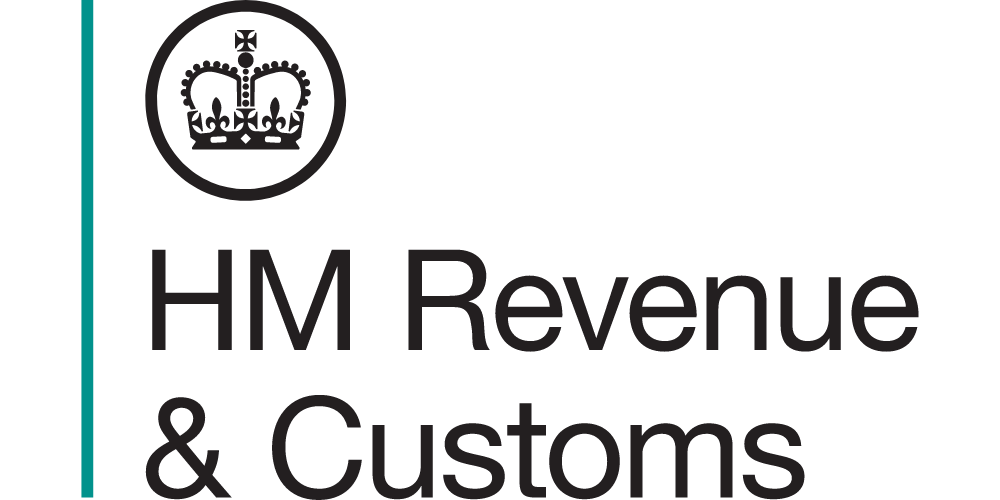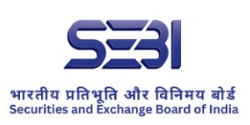
ESG Regulations
Navigating Global ESG Compliance: Understanding Diverse Regulatory Landscapes

US SEC
The SEC unveiled a landmark proposal for companies to disclose a wide variety of data on their climate-related risks (and opportunities). The proposed rule includes already well disclosed metrics (Scope 1 & 2 GHG emissions), more expansive, less widely-reported Scope 3 emissions (only where material or where companies already have set an emissions target incorporating Scope 3), as well as some qualitative disclosures similar to those codified by the Task Force on Climate-Related Financial Disclosures (TCFD), exceeding our expectations of a more modest Scope 1 & 2-focused framework.

EU
Like the UK, the EU has also committed to carbon neutrality by 2050. This target is supported by the EU Green Deal, a strategy for a green and inclusive transition of the EU economy. In line with the Green Deal, the EU has initiated several measures to redirect financial flows to sustainable activities and engage the private sector through mandatory ESG reporting.

UK
A key regulation for UK ESG disclosures is the Companies Act of 2006, which includes requirements for annual reporting. These rules apply to large companies that are either listed, exceed £500 million in annual turnover, or have more than 500 employees. Non-financial information has always been required in annual reports, but in 2022, the Act was expanded to include sustainability matters. The new requirements align with the recommendations from the Task Force on Climate-Related Financial Disclosure (TCFD).

Canada
Canada is an important region for environmental, social and governance (ESG) laws, regulations, and investor disclosure. In line with other major financial centers like New York, London, and Hong Kong, Canada’s government and security regulators are increasingly integrating ESG factors and reporting requirements for companies publicly traded on the Toronto Stock Exchange (TSX), and elsewhere, such as sustainable government procurement tenders.

India
The Companies Act, 2013 introduced one of the first ESG disclosure requirements for companies. Section 134(m) mandates companies to include a report by their Board of Directors on conservation of energy, along with annual financial statement. This requirement is further detailed under Rule 8(3)(A) of the Companies (Accounts) Rules, 2014, which mandates the board to provide information regarding conservation of energy.

Singapore
In the past couple years, Singapore’s financial regulator and its leading securities trading exchange laid out guidelines and metrics for Singapore ESG disclosure. This year and next, these two parties are setting a taxonomy for disclosures and shorter-term pans for the next three years to make disclosures of climate risk (the environmental piece of ESG) mandatory.
ESG regulatory compliance is a rapidly evolving field, and companies that proactively adopt ESG practices and comply with regulations are likely to benefit from a competitive advantage and increased investor interest.

